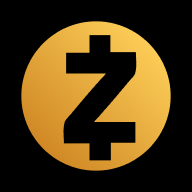
A privacy-protecting, digital currency built on strong science
ZEC price live chart

Download Zcash wallet app
Store & Transfer ZEC safely
Monitor your ZEC balance in USD
Receive ZEC in BNB network
Send Zcash by mobile phone number with 0% fee
ZEC wallet mobile app for iOS and Android
Zcash basics
Zcash
Payments
Zcash is a privacy-preserving cryptocurrency providing anonymous value transfer using zero-knowledge cryptography. The protocol provides the option for transactions to be either shielded, in which case they will be completely anonymous, or transparent, in which case they will be visible on the Zcash blockchain. Zcash pays out a portion of its block rewards, called the "Founder's Reward", to fund protocol development. It currently allocates the Founder's Reward to the Electric Coin Company and the Zcash Foundation who develop and steward the Zcash protocol respectively.
Zcash token type
ZEC
Native
Payments
ZEC is used as a native currency within the Zcash network. Transactions in Zcash can either be transparent or shielded . Transparent transactions operate similar to Bitcoin with visible addresses and transaction amounts while shielded transactions operate with hidden addresses and transaction amounts. Parties using shielded transactions have the ability to selectively disclose transaction metadata for the purposes of auditing or regulatory compliance.
Zcash history and first price
Fair Launch with Built-in Treasury
The Electric Coin Company (formerly the Zcash Company) raised $3mm in two separate rounds from a group of angel and venture investors in 2016. Additionally, the protocol has a built-in "founders' reward." This reward is equal to 10% of the total (21m) tokens outstanding and are distributed via miner block rewards over the first four years after launch. The initial distribution of the founder’s reward is broken out below (based on 10% total):
- 5.72% to Founders, Employees, Advisers
- 1.65% to Electronic Coin Company Equity Investors
- 1.44% to Zcash Foundation
- 1.19% to Electronic Coin Company Strategic Reserve
The allocation between the Founders, Employees, & Advisers and the Strategic Reserve will fluctuate over time as new employees are added and their tokens vest. These were the initial distribution intentions, but they are likely to mix between these two buckets.
Zcash also featured a slow start at the launch of the network: for the first 20,000 blocks, the number of ZEC mined per block grew linearly from 0 toward 12.5. Thus the 20,000th block was the first block with a 12.5 ZEC block reward.
Created in 2013, Zcash, previously known as “Zerocoin”, was initially suggested as an experimental privacy extension to Bitcoin using advanced mathematical techniques called "zero-knowledge proofs". Due to the Zerocoin protocol's novelty and computational intensity, however, Bitcoin core developers deemed it impractical for implementation into the Bitcoin protocol. Subsequently, with additional improvements to the protocol that resulted in substantially more efficient zero knowledge proofs, Zerocoin's founding scientists from John Hopkins in collaboration with researchers from MIT and Tel Aviv University created a new protocol called "Zerocash" (Zcash). Upon recruiting it's CEO, Zooko Wilcox, to head the project and raising over $3mm in venture funding through two fundraises, the Zcash protocol began development under the Zcash Company, with the objective of building the Zcash protocol into a full-fledged cryptocurrency. In 2017, a separate entity, the Zcash Foundation was incorporated as a 501(c)3 nonprofit with the mission to build internet payment and privacy infrastructure for the public good, primarily serving the users of the Zcash protocol and blockchain In 2019, the Zcash Company rebranded to the Electric Coin Company.
Zcash was conceived from the observation that Bitcoin could not offer strong privacy guarantees, with transactions recorded in a public decentralized ledger, from which significant information can be deduced. At the core of Zcash technology are zero-knowledge proofs, which allow transaction data to be validated without revealing information about the amount and the parties involved. With Zcash users can selectively share address and transaction information for auditing or regulatory compliance through the use of view keys and payment disclosure. Through the use of zero-knowledge proofs, Zcash aims to create a truly fungible, privacy preserving cryptocurrency.
Zcash is built on strong science and audited by third parties. It is an open-source protocol, built by a security-specialized engineering team, and originally based on Bitcoin Core's codebase.
Versioning, replay protection for network upgrades, performance improvements for transparent transactions, and a new feature of transaction expiry
Drastically reduces the amount of time and memory needed for constructing zk-SNARKs
The Blossom upgrade will cut block times in half to around 75 seconds. To keep the emission rate and halvening schedule of Zcash unchanged, the halved block times also require that the per-block reward be halved. The emission rate per time, however, remains unchanged. Note that other proposed items, such as splitting the founder's reward and Harmony mining were not included in this release as originally planned.
Learn More Here
Heartwood will improve interoperability through Flyclient support and give miners the option to immediately shield mining rewards in coinbase transactions.
Flyclient, known as ZIP 211, will enable interoperability efforts, cross-chain integration, and light-client use cases. The ZIP could pave the way for Zcash SPV proofs to be verified in blockchains such as Ethereum, enabling efficient cross-chain communication and pegs.
Shielded Coinbase, known as ZIP 213, will modify Zcash consensus rules to enable coinbase funds to be mined to shielded Sapling addresses. Prior to the Sapling upgrade, a shielded coinbase was not feasible because shielded transactions required significant memory and CPU resources to create.
Learn more here
In Zcash Foundation polling, the community voted to create a new development fund with 20 percent of the mining rewards, while the miners receive 80 percent as of block 1046400.
Under the current agreement, the developer’s reward will remain at 20%, with 35% of it going to the ECC, 25% to the ZF, and 40% to third party grants. There will be a Major Grants Review Committee that will decide how to allocate the Major Grants Funding. The ECC and ZF will each be eligible for one seat of the five seats on the Major Grants Review Committee.
Learn more here
Zcash technology explained
Zcash, the protocol, is a distributed, time-stamped ledger of unspent transaction output (UTXO) transfers stored in an append-only chain of 2MB data blocks. A network of mining and economic nodes maintains this blockchain by validating, propagating, and competing to include pending transactions (mempool) in new blocks. Economic nodes (aka "full nodes") receive transactions from other network participants, validate them against network consensus rules and double-spend vectors, and propagate the transactions to other full nodes that also validate and propagate. Valid transactions are sent to the network's mempool waiting for mining nodes to confirm them via inclusion in the next block.
Mining nodes work to empty the mempool usually in a highest-to-lowest fee order by picking transactions to include in the next block and racing against each other to generate a hash less than the target number set by Zcash's difficulty adjustment algorithm. Zcash uses a Proof-of-Work (PoW) consensus mechanism to establish the chain of blocks with the most accumulated “work” (a.k.a., energy spent on solved hashes) as the valid chain. Other network peers can cheaply verify the chain’s work
In order to have zero-knowledge privacy in Zcash, the function determining the validity of a transaction according to the network’s consensus rules must return the answer of whether the transaction is valid or not, without revealing any of the information it performed the calculations on. This is done by encoding some of the network’s consensus rules in zk-SNARKs (zero-knowledge succinct non-interactive arguments of knowledge). Zk-SNARKs are specific zero-knowledge proofs whereby one can prove possession of certain information, e.g. a secret key, without revealing that information, and without any interaction between the prover and verifier.
Zcash addresses are either private (z-addresses) or transparent (t-addresses). Z-addresses start with a “z,” and t-addresses start with a "t." The two Zcash address types are interoperable, and funds can be transferred between z-addresses and t-addresses. A Z-to-Z transaction appears on the public blockchain, so it is known to have occurred and that the fees were paid. But the addresses, transaction amount and the memo field are all encrypted and not publicly visible. Transactions between two transparent addresses (t-addresses) work just like Bitcoin: The sender, receiver and transaction value are publicly visible. The owner of an address may choose to disclose z-address and transaction details with trusted third parties using view keys and payment disclosure.
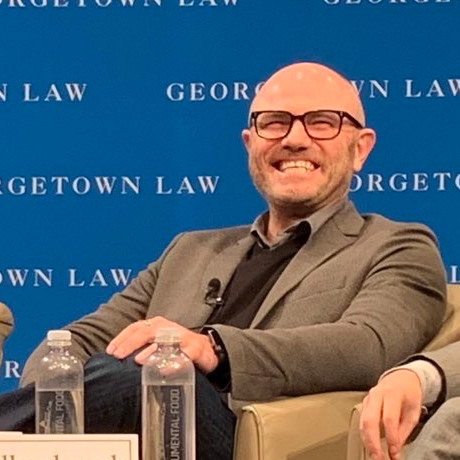





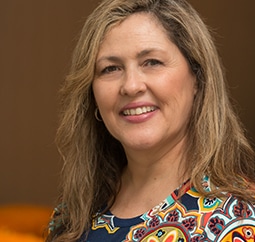

























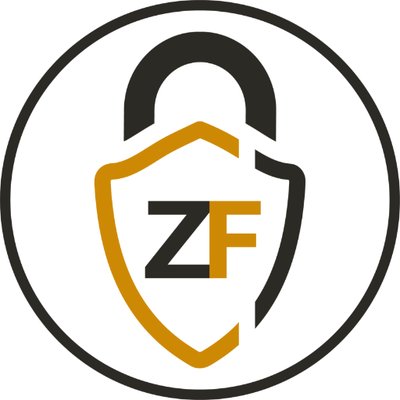

Zcash supply limit
Inflationary
Decreasing Issuance
Yes
21000000
ZCash originated as a code-fork of Bitcoin, and kept the overall monetary-supply properties: block-reward halvings every 4-years, resulting in a total supply cap of 21,000,000 ZEC. While the overall supply is the same as bitcoin, the details differ. Specifically, ZCash uses 1.25 minute blocks, generating 6.25 ZEC per block. Zcash also features a founders' reward and slow-start mining as detailed in the launch section. The first halving is expected to take place in November 2020 and will bring down block rewards to 3.125 ZEC.






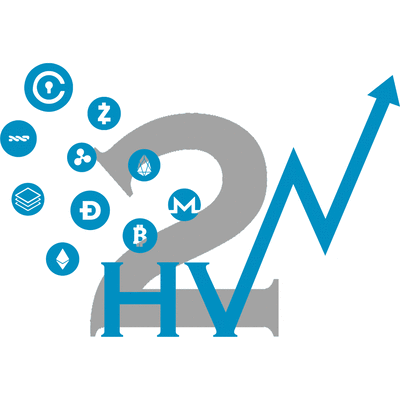
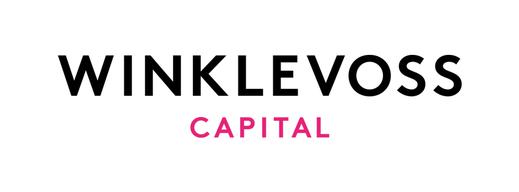


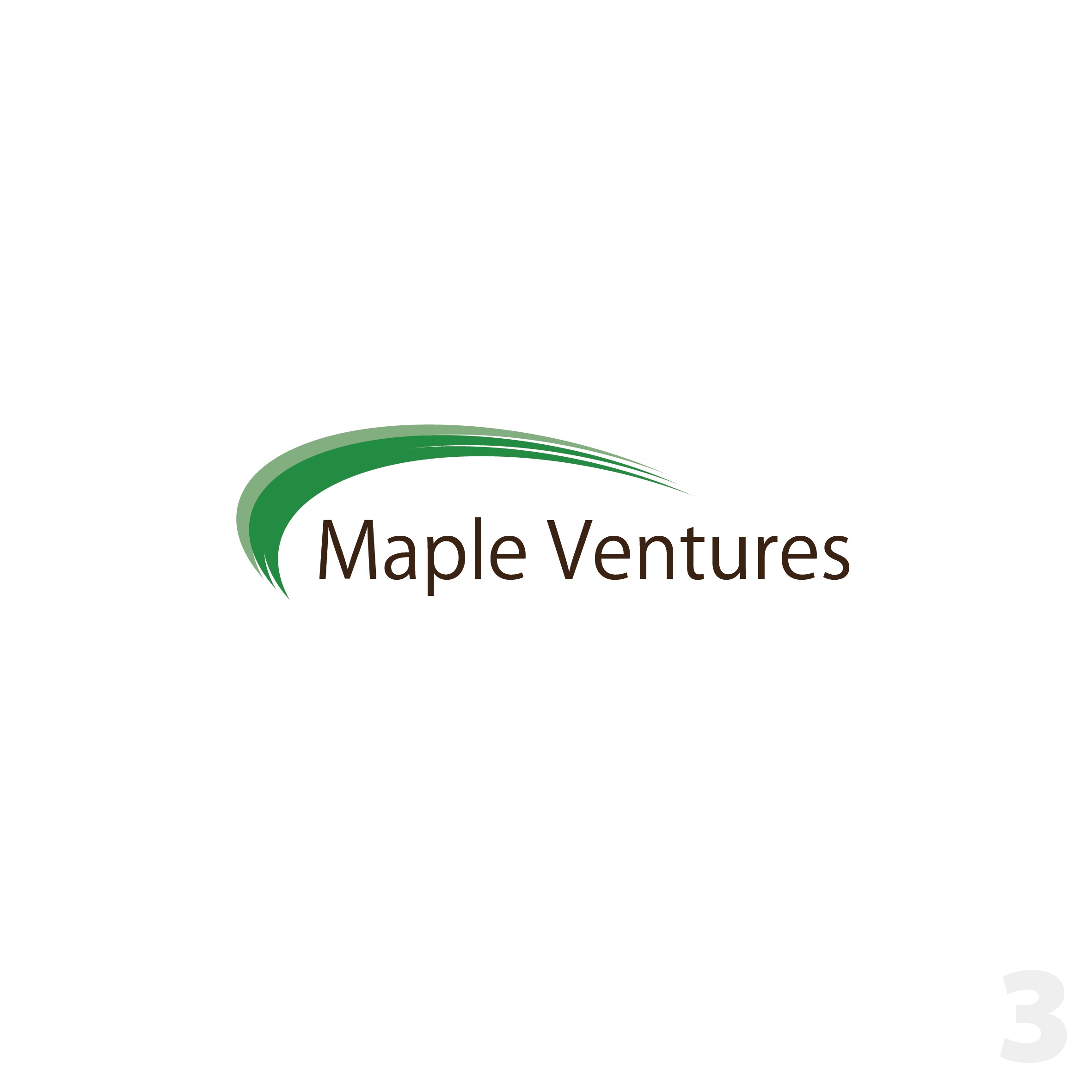




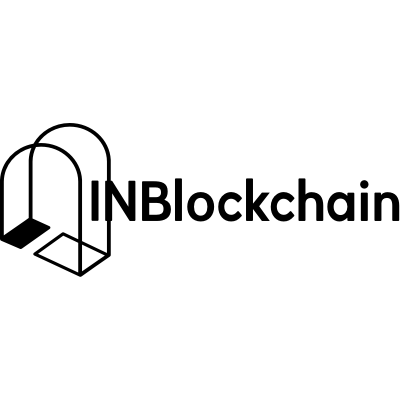


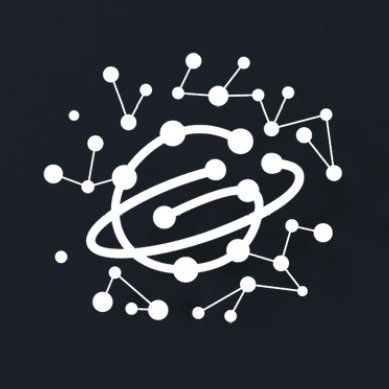
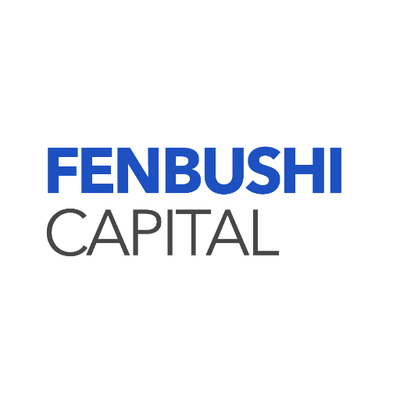
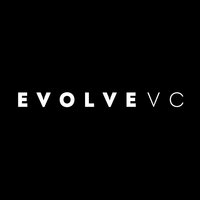

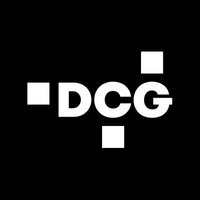
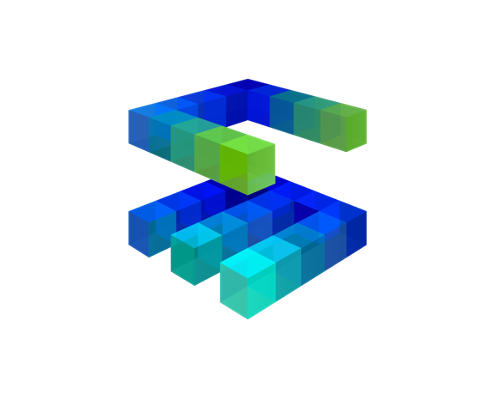

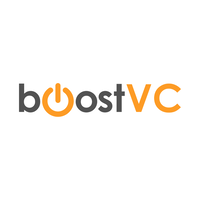

Zcash consensus
Proof-of-Work
Nakamoto Consensus
1.25 min
Consensus Zcash uses Nakamoto Consensus whereby the valid chain is the longest chain with the most accumulated proof-of-work. Consensus in Zcash, and other systems using Nakamoto Conensus, is probabilistic because there is always a chance that a new, longer competing chain could emerge with more accumulated proof-of-work, that would invalidate the current chain.
Mining Miners solve computational puzzles to generate new blocks using a Equihash algorithm. In this process, miners compete to generate a __hash __less than the target number set by Zcashs difficulty adjustment algorithm. The target difficulty level is adjusted every block.
Zcash originally implemented the Equihash algorithm for its memory intensive properties, which made it more resistant to ASICs; however, over time Zcash's ASIC resistant properties have eroded with Equihash-capable ASICs having been developed. Furthermore, in order to smooth individual miner revenue as mining has become more competitive, mining is now done in pools where participants contribute hash power to the pool and receive a proportional share of the profits if the pool finds a valid block.
Zcash governance
Zcash is an open source community; historically most protocol development is largely handled by The Electric Coin Company. The Electric Coin Company maintains “zcashd,” the only production-ready node implementation. Protocol development is governed by the Zcash Improvement Proposal process (ZIP) whereby anyone in the open source Zcash community can submit draft ZIPs. After discussion by the Zcash community, the ZIP editors, features are selected for the upcoming network upgrade. Daira Hopwood, Principal Engineer of the Electric Coin Company and George Tankersley, Director of Engineering of the Zcash Foundation, accept or reject the ZIPs. Decisions from the ZIP process are written into the Zcash specification, as well as the software that runs the network. Finally, protocol changes are “ratified” on-chain when the majority of the network adopts the upgrade and doesn’t break consensus.
The Electric Coin Company and the Zcash Foundation are the two organizations who receive an allocation of the founder’s reward every block until the 850,000th block is mined at which point they will have cumulatively received 10% of the 21 million ZEC that will ever be mined. The Electric Coin Company is a for-profit organization that launched and supports the Zcash protocol. The Zcash foundation is a 501(c)3 public charity, dedicated to building internet payment and privacy infrastructure for the public good. Moving forward the Zcash foundation plans further decentralize the Zcash project through promoting competing node implementations, increasing community involvement, and ultimately reducing the influence of both itself and the Electric Coin Company on the Zcash protocol. Meaningful steps to this end include the Electric Coin Company donating the Zcash trademark to Zcash Foundation and the Development Fund discussion that is currently underway and will go into effect in October 2020
Who regulate Zcash in 2026?
The Securities Framework Asset Ratings of the Crypto Rating Council (CRC) attributed the score of 2 out of 5 to Zcash and provided the below summary:
- Current functionality of the platform
- Absence of investment-like language or marketing
- Decentralized development efforts
The CRC* is a member-owned and operated organization whose purpose is to assess if a crypto asset, or its development, issuance, and use have characteristics that make it more or less likely to implicate federal securities laws. According to the CRC framework, a score of 5 results when an asset appears to have many characteristics that are consistent with the Howey-test factors. A score of 1 results when an asset appears to have few characteristics that are consistent with the Howey-test factors.*
Store Zcash with Cropty cryptocurrency wallet by 3 simple steps:
- Download the app from the Apple AppStore or Google Play, or open your browser wallet.
- Create your Cropty wallet account with Face ID or Touch ID security options.
- Transfer ZEC from external wallet.
Receive Zcash to your Cropty wallet by QR-code, phone number, e-mail and nickname:
- Download the app from the Apple AppStore or Google Play, or open your browser wallet.
- Create your Cropty wallet account, set up a nickname.
- Click ‘Receive’ and follow the instructions.
You can transfer your Zcash holdings and store it safely with Cropty wallet. Cropty secures safety of your holdings through various verification options like using password, authenticator app, Face ID, Touch ID and backup codes. You can be sure no one can get access to you Zcash holding except you.
Start investing in Zcash with Cropty cryptocurrency wallet by 3 simple steps:
- Download the app from the Apple AppStore or Google Play, or open your browser wallet.
- Create your Cropty wallet account, set your authentication settings.
- Transfer ZEC from external wallet.
The Cropty wallet provides the most convenient application for storing and transfering Zcash. Cropty targets to become one the best crypto wallets for Android and iOS in 2026. Cropty provides convenient application and secure custodial services, built for crypto beginners, as well as for crypto-savvies.
You can receive Zcash donations instantly with Cropty wallet. Download Android or iOS app or open the web version, sign up, click ‘Receive’ and follow simple instructions. Share your address with someone who wants to donate you in crypto.
You can receive Zcash donations instantly with Cropty wallet. Download Android or iOS app or open the web version, sign up, click ‘Receive’ and follow simple instructions. Share your address with someone who wants to donate you in crypto.
You can send Zcash instantly without fee in the Cropty wallet. Download Android or iOS app or open the web version, sign up, click ‘Send’, choose ‘Send via e-mail, phone number or nickname’ and follow simple instructions.
- Sign up to Zcash wallet.
- Top up your balance with Zcash.
- Store, trade or deposit your Zcash.
- Get Zcash deposit interest directly to your Cropty wallet.








